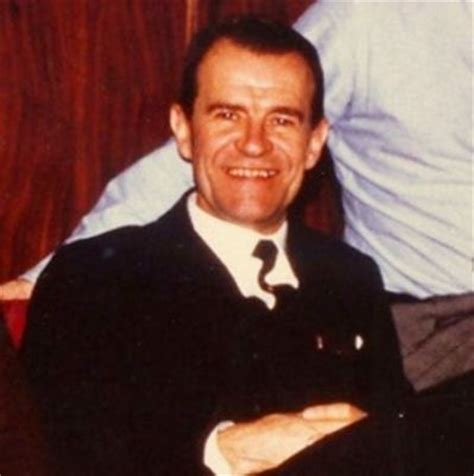A Quote by Aristotle
Since we think we understand when we know the explanation, and there are four types of explanation (one, what it is to be a thing; one, that if certain things hold it is necessary that this does; another, what initiated the change; and fourth, the aim), all these are proved through the middle term.
Related Quotes
The explanation of types of structure in classes - as resulting from the will of the Deity, to create animals on certain plans - is no explanation. It has not the character of a physical law and is therefore utterly useless. It foretells nothing because we know nothing of the will of the Deity, how it acts and whether constant or inconstant like that of man.
In drawing an inference or conclusion from facts proved, regard must always be had to the nature of the particular case, and the facility that appears to be afforded, either of explanation or contradiction. No person is to be required to explain or contradict, until enough has been proved to warrant a reasonable and just conclusion against him, in the absence of explanation or contradiction.
I don't think God is an explanation at all. It's simply redescribing the problem. We are trying to understand how we have got a complicated world, and we have an explanation in terms of a slightly simpler world, and we explain that in terms of a slightly simpler world and it all hangs together down to an ultimately simple world. Now, God is not an explanation of that kind. God himself cannot be simple if he has power to do all the things he is supposed to do.
To give a causal explanation of an event means to deduce a statement which describes it, using as premises of the deduction one or more universal laws, together with certain singular statements, the initial conditions ... We have thus two different kinds of statement, both of which are necessary ingredients of a complete causal explanation.
Intelligent people know they are intelligent. They also know that one person cannot know all, hence a person is not stupid simply because he is ignorant of one thing or another. They know that, to another intelligent person, they will not appear stupid in asking for an explanation of what they do not know, and so their ignorance on any particular issue does not become an embarrassment.
There's no obvious reason to assume that the very same rare properties that allow for our existence would also provide the best overall setting to make discoveries about the world around us. We don't think this is merely coincidental. It cries out for another explanation, an explanation that... points to purpose and intelligent design in the cosmos.
We have this desire for everything to be explained to us. But if you go through your daily actions, very little ends up having a written-down explanation for why things happen, or why people do specific things. So it made sense to me to reflect the human condition that not every action has an explanation. We act, and then later maybe come to an understanding about it, or maybe not.








































